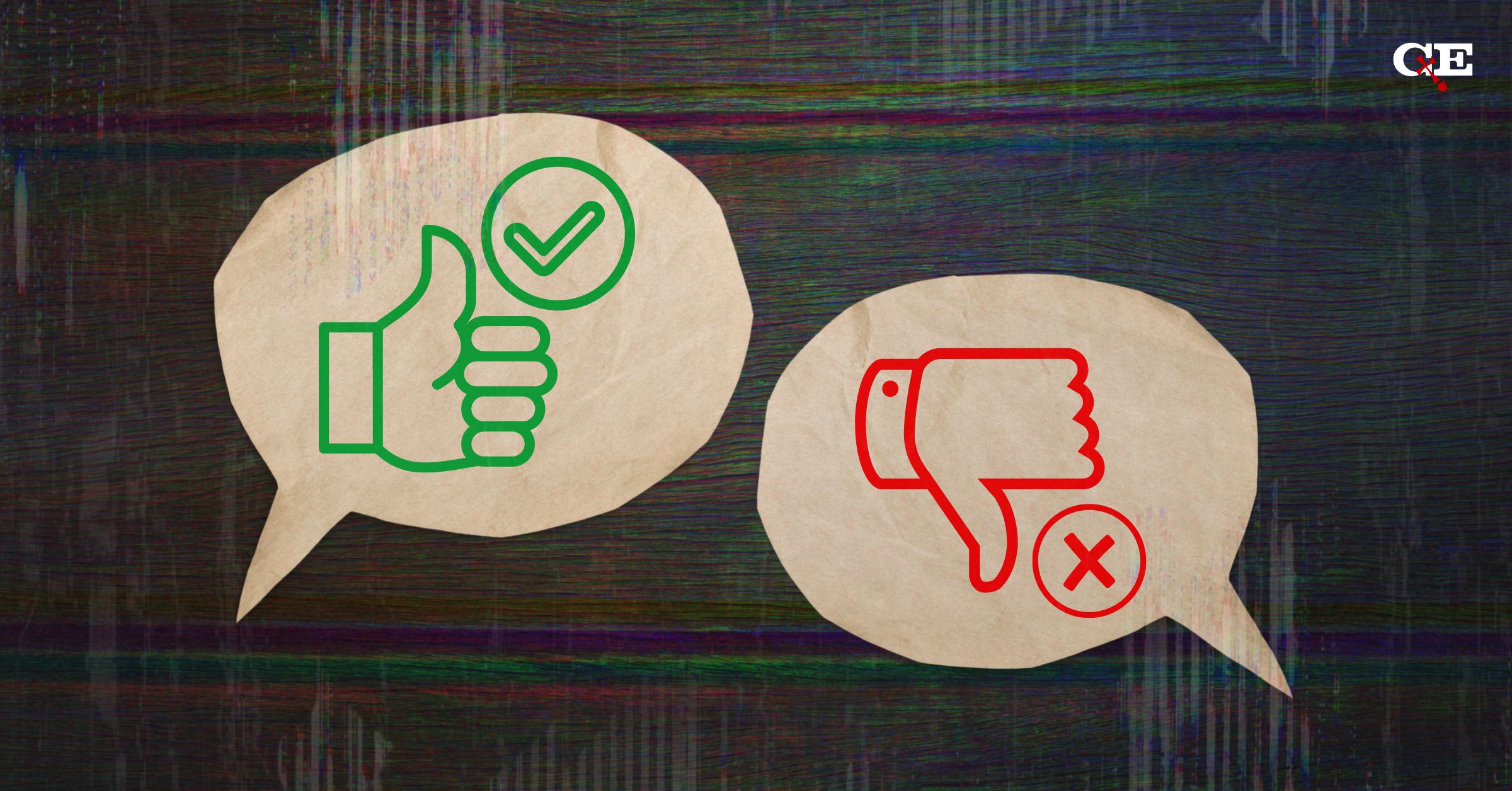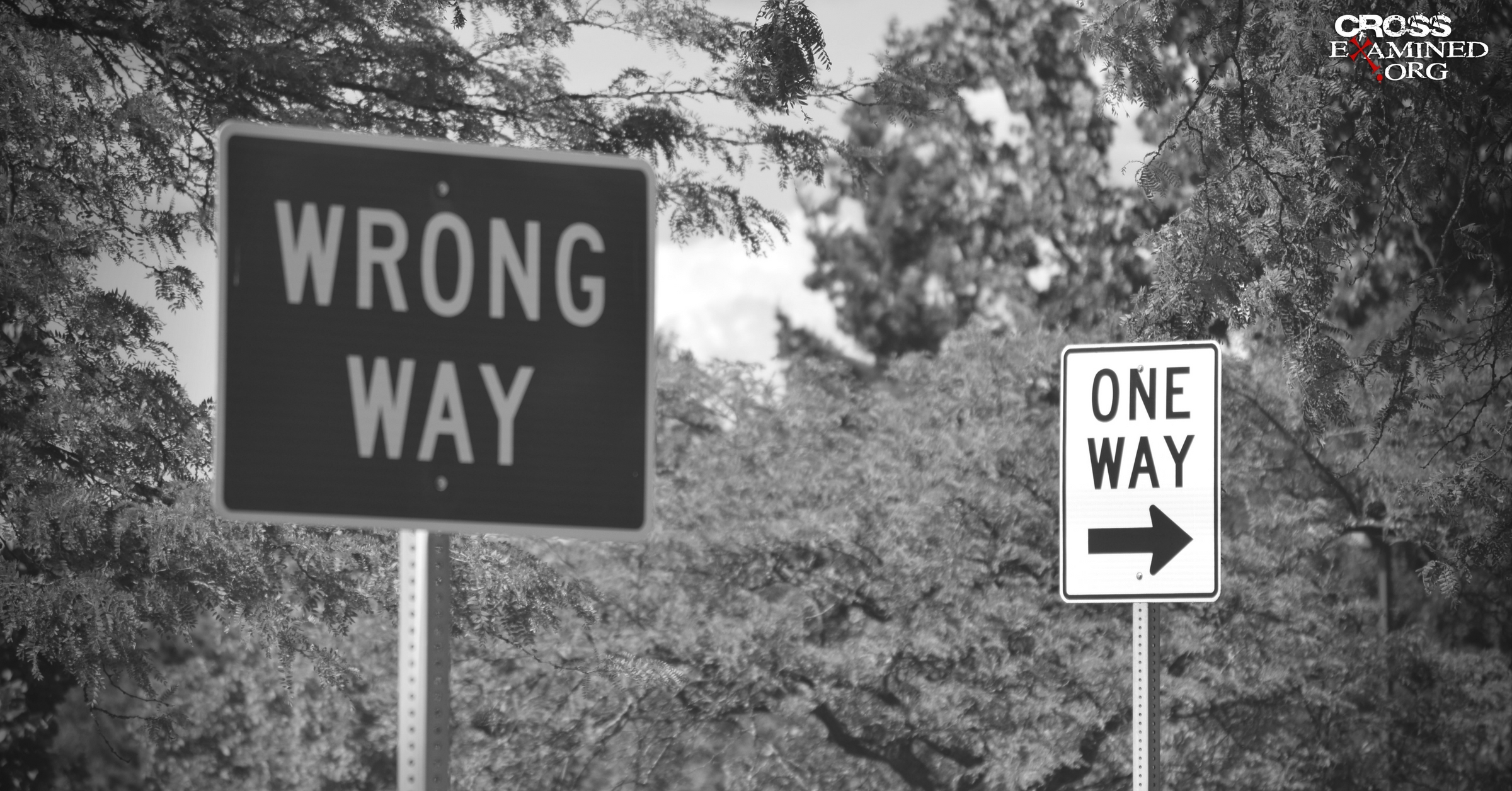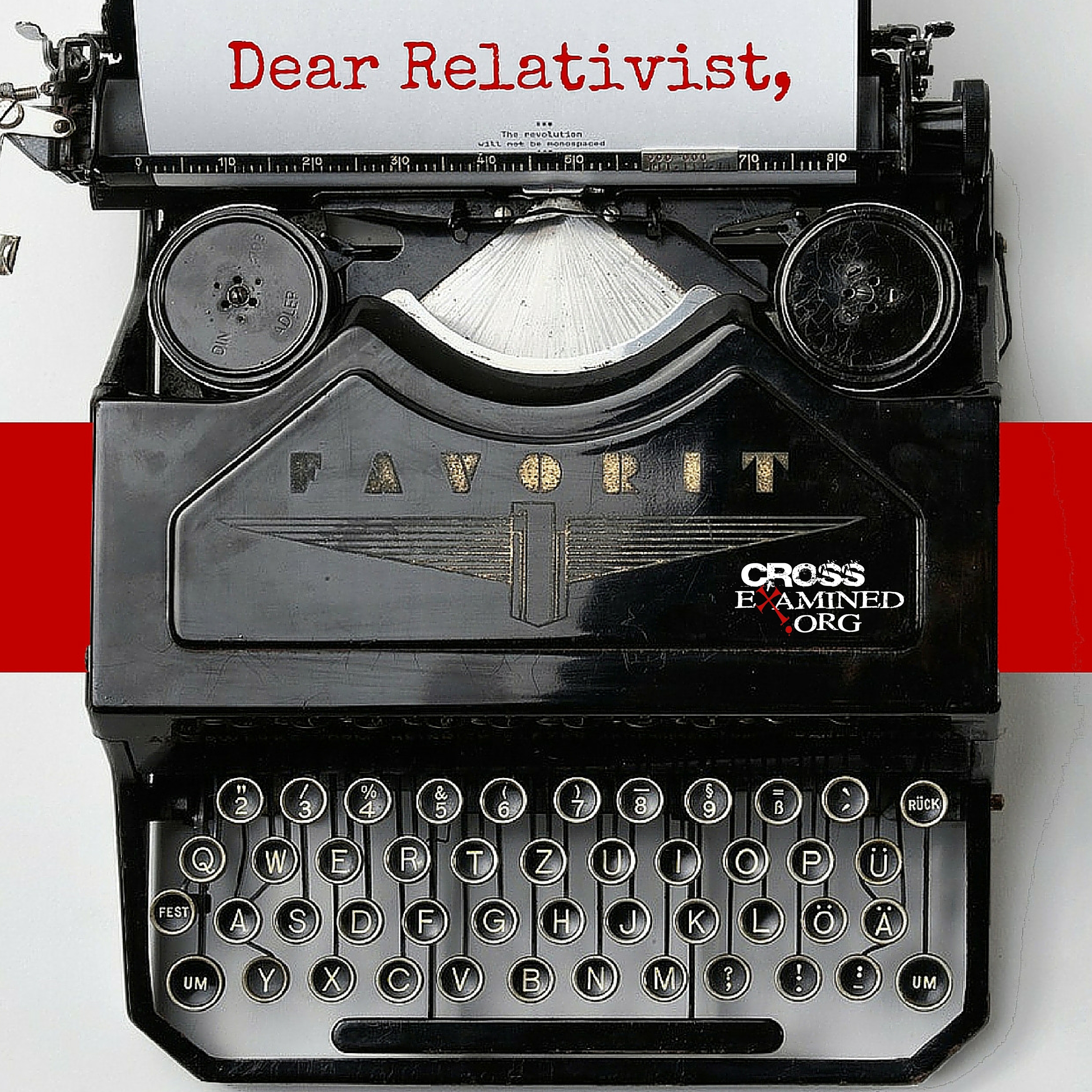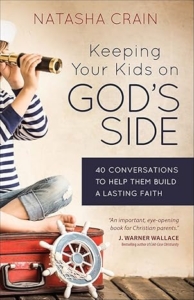One of the ways you will find philosophy professors denying Christ is through an appeal to Kantian ethics. Kant’s ethical theory uses many positive-sounding words that appeal to our moral intuitions. Yet, when we examine the content, we find that Kant was opposed to Christ as revealed in Scripture. Instead, he sought to elevate the individual’s moral intuitions as the highest authority, and even above the Bible.
I know of professors who lure students in by claiming to be Christians, but then play a shell game: they subtly replace Christianity with Kantianism, and then argue that the Bible and Christianity are false because they contradict their moral intuitions.
Kant’s Ethics
Permit me to give you a brief overview of Kantianism. Immanuel Kant sought to ground ethics not in religion or divine revelation, but in human reason alone. His project was part of the broader Enlightenment goal of establishing a rational foundation for morality that could be universally valid, independent of theological commitments. By itself, that all sounds great. But once we begin to ask what Kant meant by terms like “reason” and “summum bonun,” we run into deep problems. Here’s how he approached it:
1. Moral Law from Within, Not from Above
Kant believed that morality must be autonomous, not heteronomous, that is, it must come from within the rational will of the individual, not from an external authority like God or the Church. By “reason,” Kant distinguished between pure reason (used in studying metaphysics) and practical reason (used to solve problems in means/ends reasoning). He was a skeptic about pure reason, arguing that it ends in contradictions. So, when he tells us to be rational or to use a rational will, he means to use reason to live according to the categorical imperative.
He famously wrote:
“Two things fill the mind with ever new and increasing admiration… the starry heavens above me and the moral law within me.”
Kant, Critique of Practical Reason (1788)
This “moral law within” was, for Kant, the source of true ethical obligation. He did not deny God’s existence, but he insisted that moral duties must be discoverable by reason, not dependent on divine command. He speaks like the Serpent from the Garden: he believes to be moral we must determine good and evil for ourselves.
2. The Categorical Imperative
Kant replaced divine law with a purely rational principle: the categorical imperative. This is a test for determining whether an action is morally permissible. His most famous formulation is:
“Act only according to that maxim whereby you can at the same time will that it should become a universal law.”
Immanuel Kant, Groundwork of the Metaphysics of Morals (1785)
This is an attempt to derive moral law from pure reason, without appeal to consequences, emotions, or divine will. For Kant, if a rule cannot be universalized, it is morally impermissible.
Yet, he bases this on “if you can universalize it.” Can you live with this rule being universal. This means it is a statement of subjective opinion and not objective reality. Nietzsche took this to its logical conclusion in his will to power. Because the Kantian rejects God’s law as heteronomy he has no appeal to anything objective by which to critique the will to power. And this is why professors in the Kantian tradition fell in so easily with philosophies of power like DEI and critical theory.
3. Human Dignity and Autonomy
Kant believed that each person possesses intrinsic worth because of their rational nature. Therefore, one should always treat humanity, whether in oneself or in others, never merely as a means, but always as an end. This principle grounds ethics in respect for persons, not in obedience to God.
The university Kantian combines this with the categorical imperative to make an appeal to abusive empathy. This is when you take advantage of the listener’s disposition to compassion and excuse the wrongdoing of the person who is pitied. How another person feels becomes their moral standard. If someone is poor, we do not consider the possibility of sloth; instead, we ask how they must feel and how good they would feel if they were simply given money and a house. This abusive empathy is used to bully the Christian into accepting the radical leftist morality that Kantianism has become.
Kantianism presupposes Rousseau’s claim that human beings are naturally good and only corrupted by the invention of private property. It rejects God’s providential rule of the world and instead insists that all injustice stems from the unequal distribution of material goods and resources. Kant rejects the biblical doctrines of the Fall and sin, and instead teaches that humans are perfectible through adherence to Kantian moral theory.
4. Religion as Morality’s Handmaid, Not Its Source
In his book Religion Within the Bounds of Bare Reason (1792), Kant argued that religion should support morality, not define it. He viewed Christianity as a helpful moral teaching only insofar as it agrees with his subjective reason. It is “subjective reason” because it relies on his moral intuitions about “how the world should be.” Christ was seen more as a moral example than a divine Savior.
And remember, for Kant, “reason” means: What can I universalize?, and then solving practical problems that arise as you live according to that principle. In other words, Kantian “reason” becomes subjective and denies the clear general revelation of God and His moral law.
Kant even called the concept of a divine command the “heteronomy of the will,” which is a failure of reason to guide itself. He wanted a moral law that any rational being, whether religious or not, could recognize and obey.
5. Postulates of Practical Reason
Although Kant did not ground morality in religion, he concluded that moral reasoning requires presupposing three things:
● God (as the guarantor of justice, otherwise unknowable)
● Immortality (so that perfect virtue is achievable)
● Freedom (to be morally responsible)
These are not proofs, but practical postulates, which are ideas we must assume if we are to take morality seriously. Still, they are subordinate to Kantian reason, not based on revelation or faith in Christ.
Kant attempts to get around God’s providence in this world, and the inherent connection of sin and death, by saying that what appears to be unfair in this life (the righteous suffer and the wicked live well) is made right in the next life. He defines the summum bonus, or highest good, this way: “The highest good is the complete unity of virtue and happiness” Critique of Practical Reason, 5:110).
In other words, the summum bonum is the state in which a person who is fully morally good (possessing a good will) also experiences the full happiness that such goodness deserves.
Kant teaches his followers to reject God’s law as heteronomy, to live according to their own subjective intuitions about what should be universal, and to be content with the idea that their self-defined virtue in this life will be rewarded with happiness in the next.
6. The Serpent and Kant
Think about how closely all of this resembles the teaching of the Serpent in Genesis 3. The Kantian is told to determine their own good and evil. God’s law is rejected as imposed, as a limitation on freedom, it is heteronomous and therefore illegitimate.
It is seen as an invasion of the human will by an outside source. But in Genesis 3, God imposed death as a call to repent of sin. Instead of repenting, the Kantian says, “Live by my philosophy, and you will be given happiness in the next life.” “God” becomes a mere postulate, which is a necessary idea to guarantee that promised happiness.
Yet Kant offers no explanation of how a sinner can be reconciled to a perfectly holy and good God. He teaches works righteousness. In his system, the human is not a sinner in need of grace, but someone who does wrong due to social circumstances, and who can be perfected and made virtuous by following Kantian philosophy.
7. Identify the Wolf
As a student, you should understand the philosophy your professors will be imposing on you. You can use Kantianism against them. Instead, insist on your own autonomy and reject their heteronomy. Then challenge their categorical imperative and ask how it escapes absolute subjectivity. And ask why God, who is holy, would ever grant happiness to an unrepentant sinner; someone who has spent a life rejecting God’s law and reducing Christ to a mere moral example rather than the Lamb of God who takes away the sin of the world.
Kant:
1. Couldn’t explain what has existed from eternity.
2. Denied that what is good for a being is based on their nature and therefore determined by their Creator.
3. Rested his entire philosophy on ultimate skepticism about God and providence.
4. Denied that the Bible is divinely inspired.
5. Denied we need to be reconciled to God by Christ.
The Kantian is no Christian.
Learn to expose your professor’s presuppositions and demolish their arguments. Or better yet, don’t even sign up for, or pay for, such classes. Exercise your autonomy to find a university and professors who recognize what is clearly revealed about God and the moral law through general revelation.
Recommended Resources:
Intellectual Predators: How Professors Prey on Christian Students (DVD) (mp3) (mp4 Download)
Correct not Politically Correct: About Same-Sex Marriage and Transgenderism by Frank Turek (Book, MP4)
Legislating Morality: Is it Wise? Is it Legal? Is it Possible? by Frank Turek (Book, DVD, Mp3, Mp4, PowerPoint download, PowerPoint CD)
Letters to a Young Progressive by Mike Adams (Book)
Dr. Owen Anderson is a Professor of Philosophy and Religious Studies at Arizona State University, a pastor, and a certified jiu-jitsu instructor. He emphasizes the Christian belief in God, human sin, and redemption through Christ, and he explores these themes in his philosophical commentary on the Book of Job. His recent research addresses issues such as DEIB, antiracism, and academic freedom in secular universities, critiquing the influence of thinkers like Rousseau, Marx, and Freud. Dr. Anderson actively shares his insights through articles, books, online classes, and his Substack.












